
By Svetlana Marshall
A National Judges’ Forum on HIV, Human Rights and the Law opened today at the Guyana Marriott Hotel with judicial officers being urged to protect the rights of people living with HIV.
Addressing the forum organized by the Judicial Education Institute of Guyana in partnership with the Judicial Education Institute of Trinidad and Tobago, and United Nations Development Programme (UNDP), the UNDP Resident Representative, Gerardo Noto, said the intersection of HIV, Human Rights and the Law is a critical arena where justice and public health converge.
Noto said despite remarkable progress being made in the fight against HIV, the world continues to witness challenges that require collective action and unwavering commitment to address stigma, discrimination and legal barriers that hinder the rights and dignity of people living with HIV.
“The evidence is clear, the more protective and enabling the legal policy environment of a country, the lower the HIV prevalence and the more people accessing health services including HIV prevention, testing and treatment services. Therefore, the 2021 political declaration on HIV and AIDs, ending inequalities and getting on track to end AIDS by 2030 affirms UN member states commitment to ensure that by 2025, less than 10% of countries would have punitive legal and policies environments that deny or limit access to services, less than 10% of people living with HIV in key populations would experience stigma and discrimination and less than 10% of women, girls and people living with HIV in key populations would experience gender inequality,” the UNDP Resident Representative said.
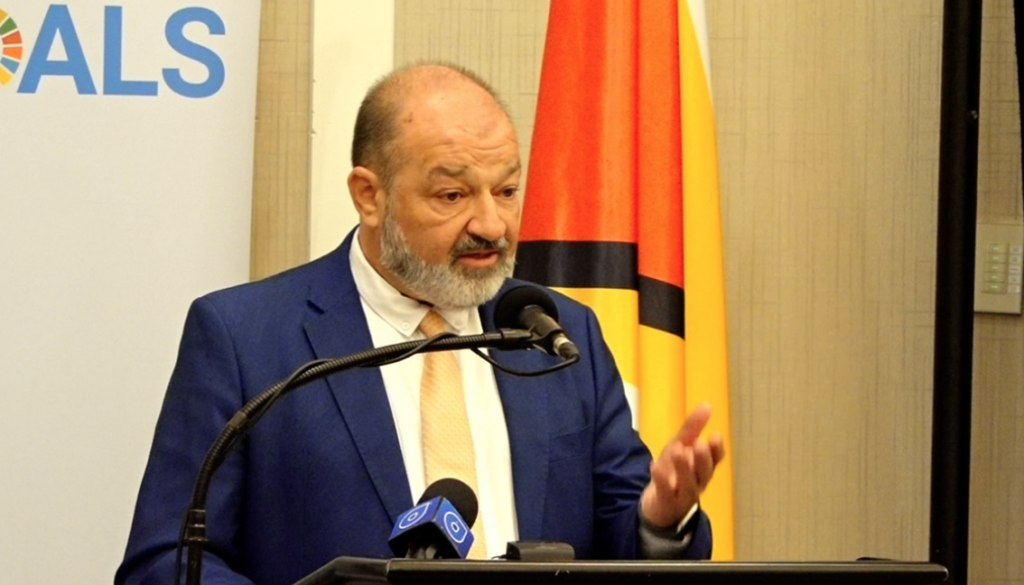
It was noted that national polices must be more inclusive for persons living with HIV.
The UNDP official added that the Judiciary has a pivotal role to play in shaping the legal landscape in the protection and the upholding of human rights, particularly, in the case of vulnerable populations, who continue to face stigma and discrimination.
Minister of Health, Dr Frank Anthony said at the end of 2023, the prevalence of HIV in the Caribbean was 1.2% with statistics showing higher levels of prevalence among key populations such as transgender individuals (39.4%), men who have sex with men (11.8%), people in prison (3.6%) and sex workers (2.6%).
He said while the region fights to bring the numbers down, it is confronted by the fact that some countries still have laws that foster stigma and discrimination.
“In many of our jurisdictions, we still have laws that still foster stigma and discrimination and when we look back at the origin of these laws, it goes back to our colonial past, and like in the UK for example, many of those laws have been repealed, new laws have been put in place that are more enabling. We in the Caribbean and in parts of Africa, we still maintain those old obsolete colonial laws,” Minister Anthony said.
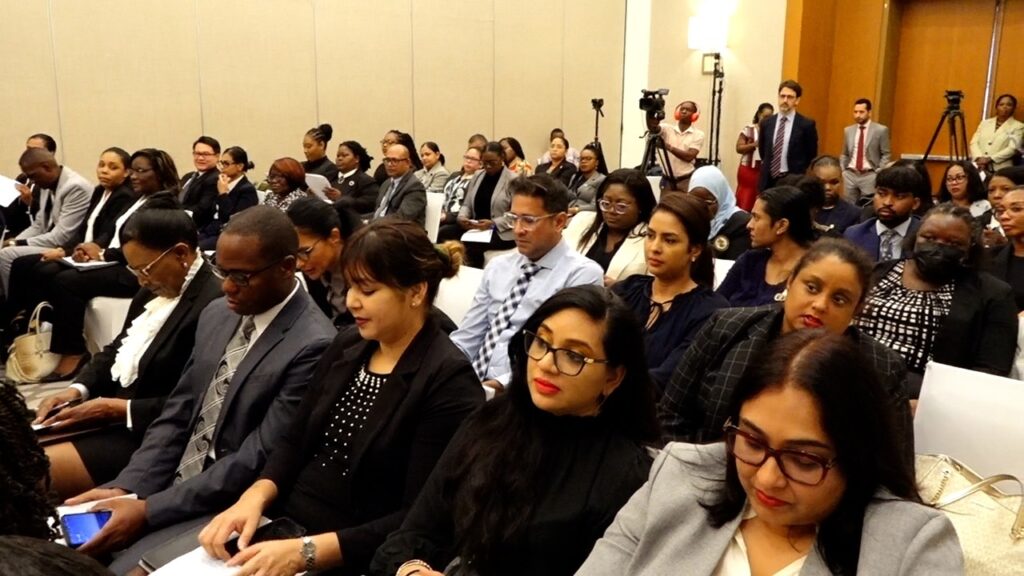
He said by addressing outdated legislation, the Region can make even greater progress.
The Health Minister said as it is right now, 85% of the persons, who are living with HIV in the Caribbean, know their status, and of that percentage, 83% are on Antiretroviral Therapy (ART) while 87% of those on ART have achieved viral suppression.
In Guyana, 94% of the persons living with HIV know their status, but only 72% of those persons are on treatment while some 87% are virally suppressed.
The Health Minister said a significant part of the problem is stigma and discrimination.
High Court Judge of Trinidad and Tobago, Justice Avason Quinlan Williams said access to justice and equality before the law is critical, however, fear of stigma and discrimination continues to pose a challenge.
“If citizens fear discrimination to the extent of not approaching the courts to enforce their rights, civil, criminal, then it means we do not have the opportunity to treat citizens equally. But we also have to prepare ourselves that when we are called upon to adjudicate on matters where members of key populations or persons living with HIV, whatever is the dispute, we have to prepare ourselves that we are not moved by history, or our religious beliefs, issues of ignorance of scientific issues concerning HIV and AIDS, and related matters,” Justice Williams said.
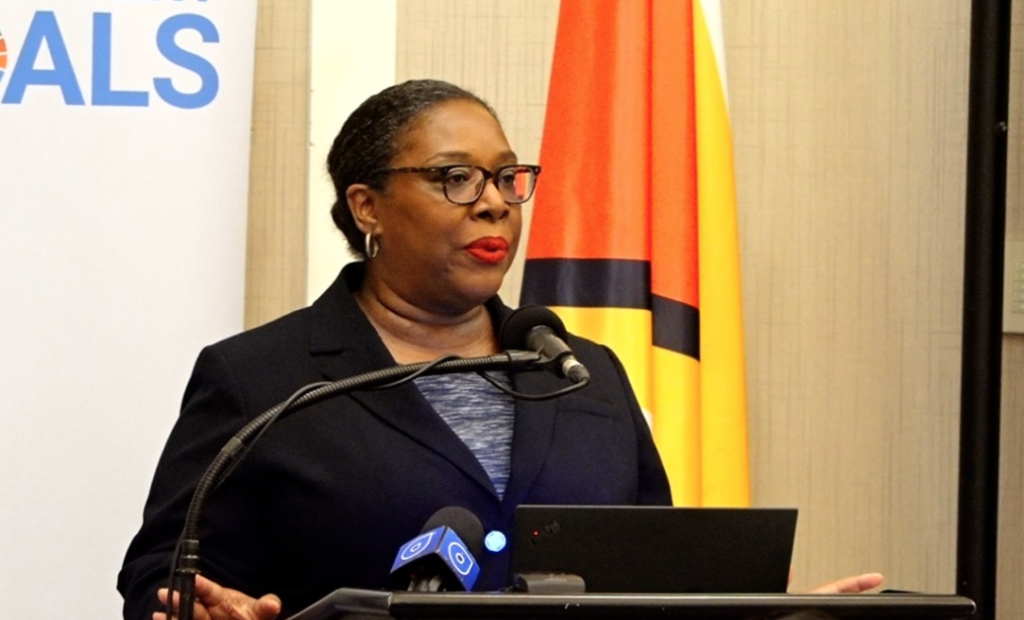
She said persons living with HIV must be reassured that they would not be discriminated against or denied justice.
Chancellor of the Judiciary (ag), Justice Yonette Cummings said in Guyana, the Constitution guarantees the protection of law and equality of treatment to all, and those principles must be upheld.
“The delivery of justice to everyone in Guyana must accompany those constitutional imperatives. Equality of treatment for all is integral to our role as judicial officers and hence the importance of this discussion, particularly as it relates to stigma and discrimination,” the Chancellor said.
Chancellor Cummings said the forum provides an opportunity for judicial officers to sharpen their knowledge in the application of the law.
Chief Justice (ag), Roxane George was among officials present at the opening of today’s forum, which sets the stage for the Regional Caribbean Judges’ Forum, which is set to take place later this year.







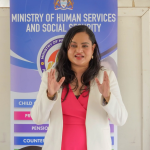
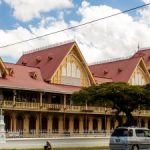


You must be logged in to post a comment Login